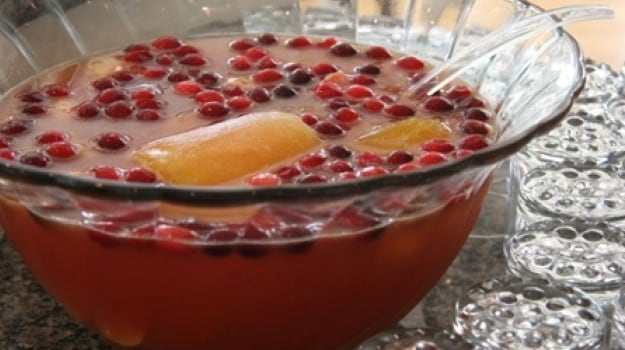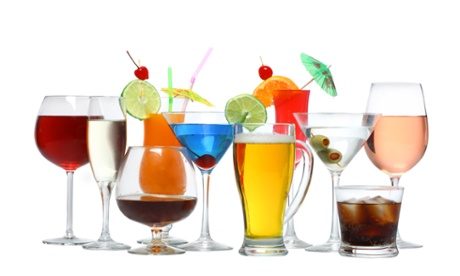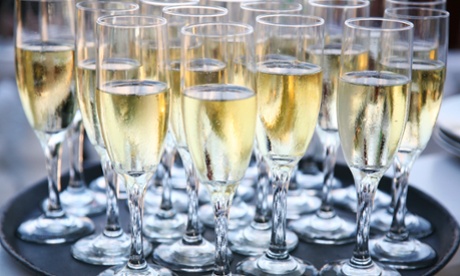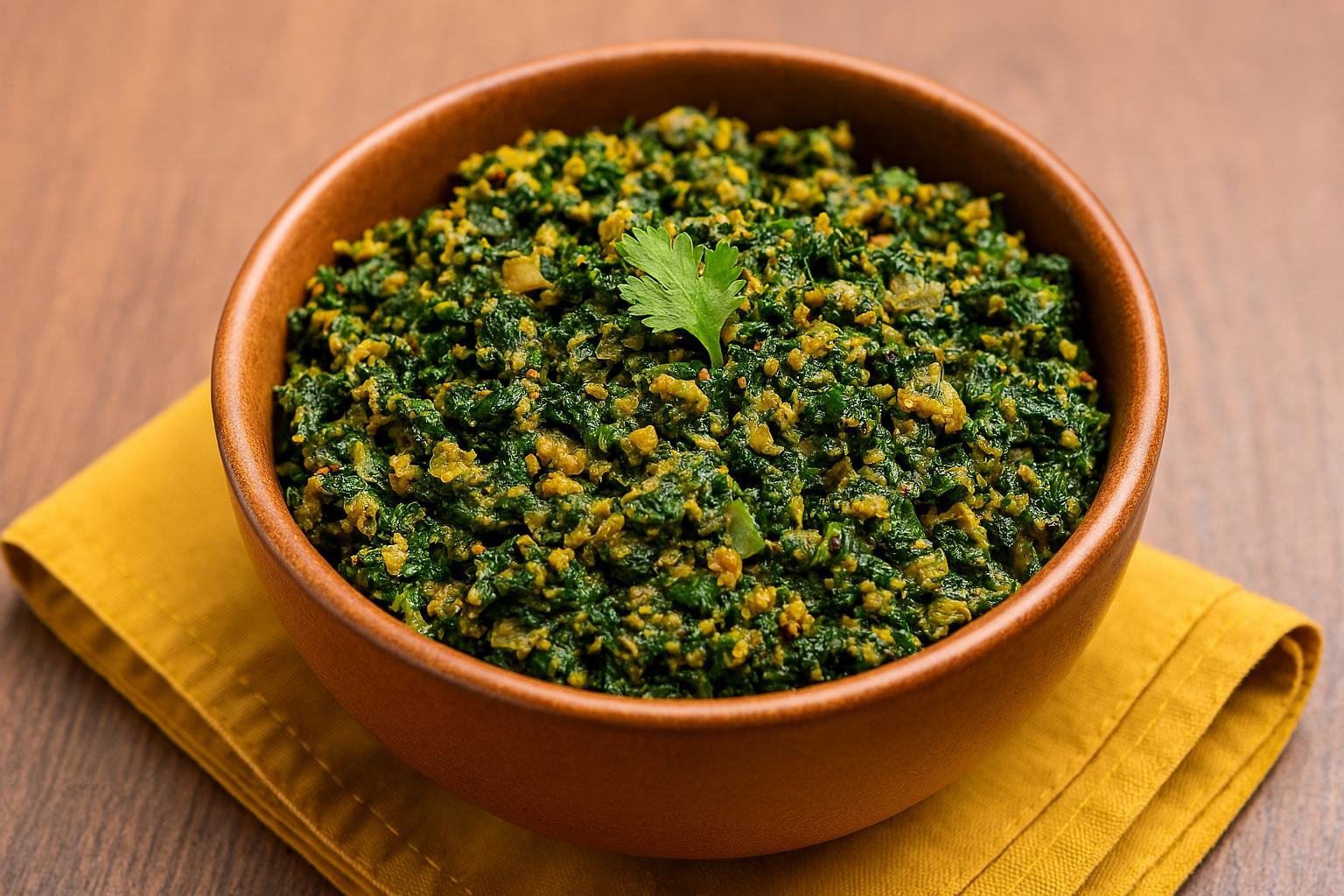
A bowl of punch - but does it contain booze? Photograph: Holly Montgomery/Alamy
Do different drinks have different effects on your mood, why do funny-coloured drinks make you more drunk and what causes the worse hangovers?
I'll never forget the rubbish party I attended at a youth club when I was a fledgling teen. There was music, high jinks and a bowl of fruit punch as big as a duck pond. The youth leaders thought it would be amusing to tell us that the punch was alcoholic. It had an oddly musty taste, which turned out to be brandy flavouring, and sure enough, the leaders stood back and watched the room descend into animalistic chaos.
Imaginary inebriation
What the youth leaders, who were barely adults themselves, didn't know was that they'd have been taken in just as easily, had the tables been turned. It is extraordinarily well documented how easy it is to trick people into thinking they're drunk. In fact, so infectious is drunkenness that even people who attend parties fully aware of their sobriety talk of getting a free ride off the boozers.
The alcohol placebo effect doesn't only make people less inhibited and prone to monkeying around. It can impair memory and judgment, as well. In 2003, a bunch of students in New Zealand were tricked into thinking that the flat tonic and lime they were drinking was vodka. It was presented convincingly at an actual bar, in sealed vodka bottles. Lo and behold, the unsuspecting undergraduates easily swallowed false information and had serious recall issues, while their contemporaries who were told they were drinking tonic water did not.
Whisky tears, white-wine monsters

Everyone has drinks that they avoid because they make them mad or sad. I don't need to tell you that gin, for example, is an infamous tear-jerker. But talk to a biologist, and they'll tell you that the active ingredient - ethanol - does the same job, whatever the drink. The only differences are the concentration, how easily it is absorbed, how it is consumed and our own expectations. Tequila might unleash your inner kick-boxer, but if you drink any strong spirit in ritualistic shots, with everyone egging you on, it is likely that you'll act wild and crazy in some fashion or other.
Admittedly, there isn't a huge amount of empirical evidence on this subject. To get funding, research tends to need to be seen as potentially beneficial to society or be of commercial use. Besides, people of a scientific bent don't feel much need to be further convinced that alcohol is alcohol is alcohol. In 1970, though, researchers did compare the effects of vodka and bourbon on alcoholics who were holed up together for 18 days. The participants drank bourbon for nine days, then vodka for nine days. Suffice to say, "no consistent differences in behaviour" were detected. The subjects consumed similar amounts of each beverage, and both drinks made them more sociable at first, before they steadily sank into anxiety, depression and hostility. The most intoxicated even became "grossly psychotic", observed the researchers. So next time you're deliberating at a bar between bourbon or vodka based upon the direction you think each will send your mood, just flip a coin.
It does seem, however, that funny-coloured drinks make people more drunk. The Oxford experimental psychologist Charles Spence refers me to a paper from a team at Southampton University in 1997, which found that when people were given an unfamiliar drink (a blue, peppermint concoction), they become more intoxicated, faring worse at tasks such as word searches, than others who drank beer of the same strength. "This, of course, links to St Patrick's Day, when people drink bright-green beer," Spence says.
Different drinks, different hangovers

OK, OK, wines, beers and spirits contain chemicals other than ethanol. These do affect how we feel, but more in that some are toxic and will lead to worse hangovers than others, rather than one making us dance really well while another makes us better at playing pool. Yes, there is always absinthe, which contains the psychoactive compound thujone, but only an innocuous amount in the stuff (don't let that get in the way of booze mythology, though).
"Cheaper wines," says Professor Roger Corder of Barts and the London School of Medicine and the author of the Wine Diet, "often have all sorts of rubbish in them and give terrible hangovers." And the adage that darker drinks (whisky, beer, red wine) make you feel worse the next day seems to be true: they usually contain more congeners - chemical byproducts from the production process which often contribute to the flavour of the drink.
One congener which deserves a special mention is methanol, which is like ethanol, only more poisonous, and there is often too much of it in brandy, port and even some wines. Methanol can't be metabolised, says Corder, until all the ethanol is cleared from the system, because the enzymes that process it prioritise ethanol. "It just washes round in your body until it is eventually converted to formaldehyde and formic acid, which are neurotoxins." These will make you feel poorly. Methanol is deemed safe if below 200mg a litre. "But sometimes it's over that level," says Corder.
A lot of people say they get the worst hangovers from champagne. This is probably because they guzzle it on an empty stomach having just arrived at a party, feeling skittish. There is, however, some evidence that it gets you drunk quicker. Barry Smith, a philosophy professor who heads the Centre for the Study of the Senses at the University of London and writes about wine (polymath alert), subscribes to the theory that bubbles cause the pylorus valve, which drains the stomach when it's full, to open even when it's not full. Not much alcohol is absorbed by the stomach, whereas 80% gets into the system via the intestine.
As an aside, Smith has also been observing the affects of different music on champagne enjoyment. He found that syncopation best compliments the waves of bubbles - otherwise known as the mousse - washing over the tongue. "If the rhythm matches the bubbles, the brain seems to notice and say, hang on, there's a correspondence here. If it sees some synchronicity between two things then it locks on to them, and becomes much more activated." Jazz and fizz it is then.
But, look, we all know the truth here: if you have a bad hangover, or wept at the Christmas party, it was simply because you were very drunk. Am I wrong?
This article was originally published on The Guardian






